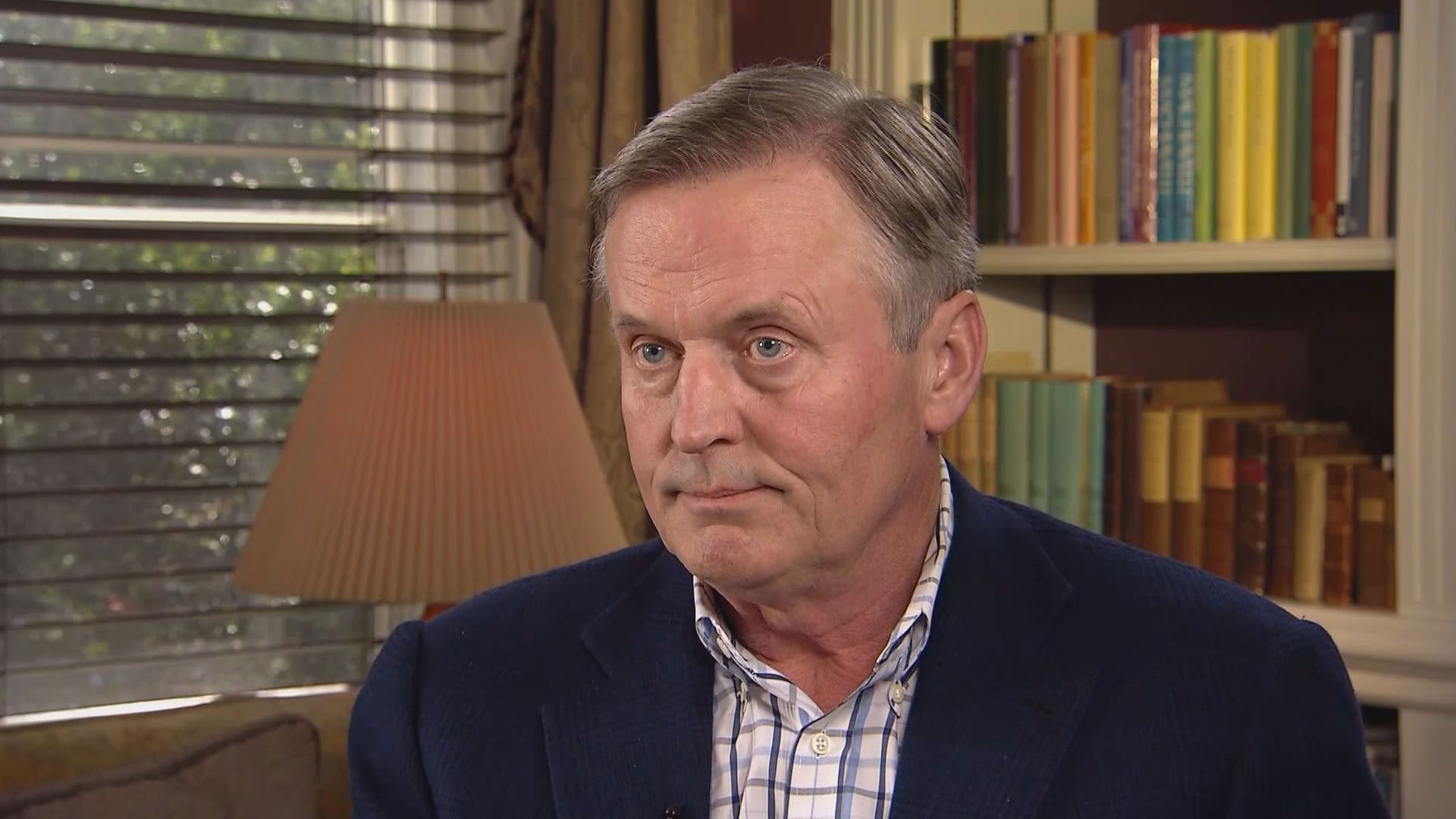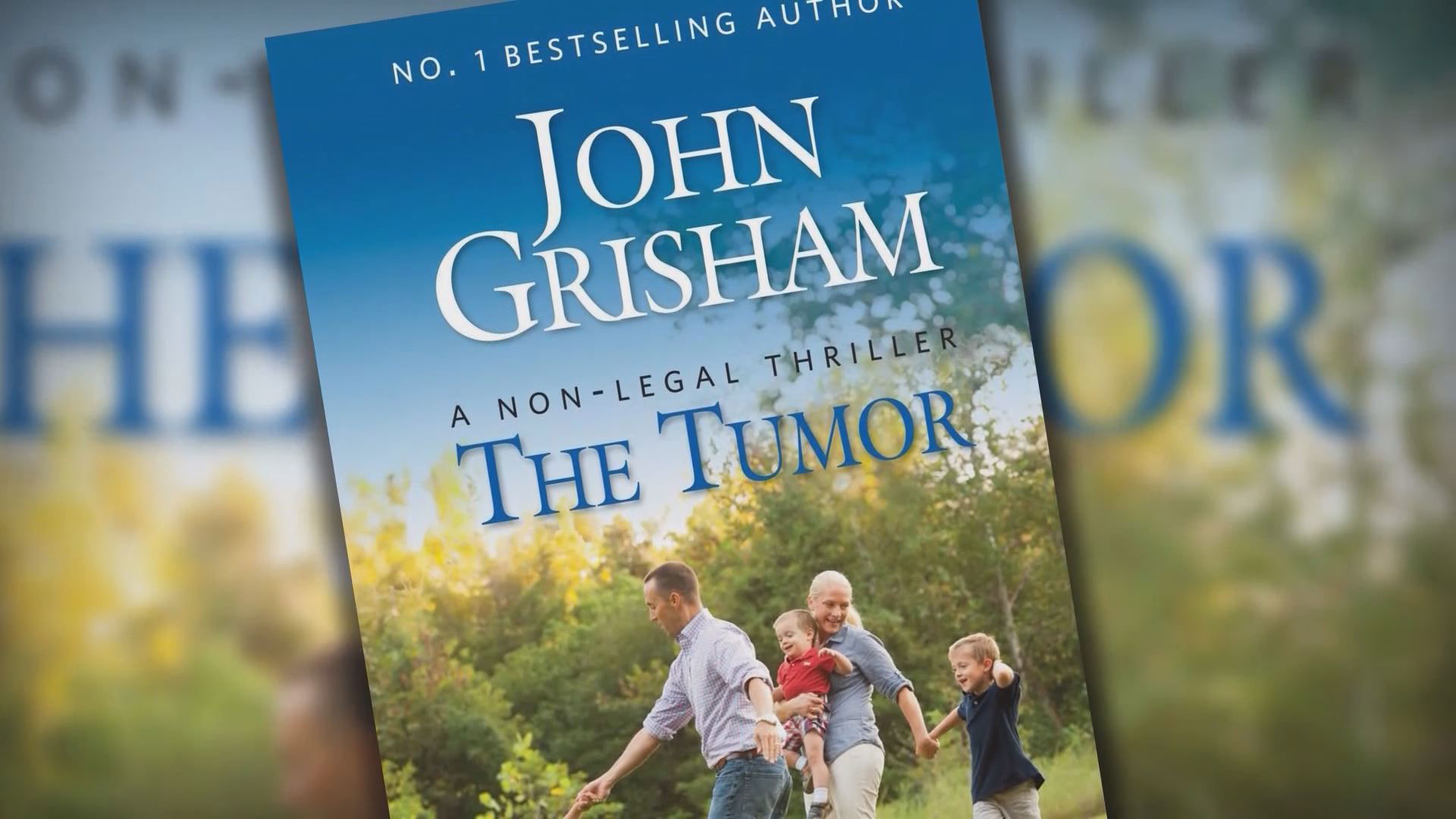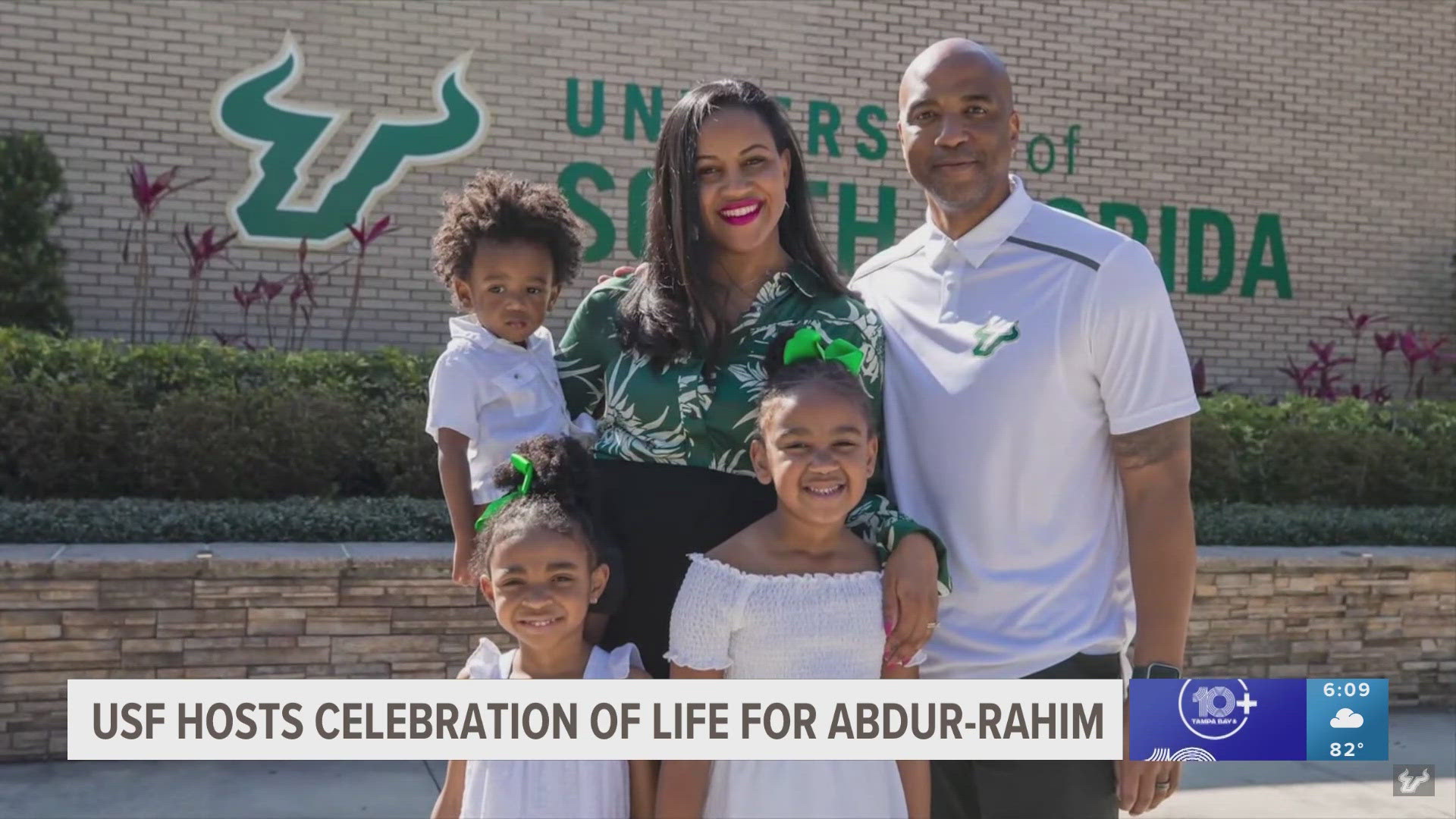"I don't view my books as important. I view my books as entertainment - first and foremost, it's entertainment."
That's how best-selling author John Grisham feels about his legal page-turners that have entertained millions of readers. He's sold more than 300 million copies of his books worldwide, even inspiring several blockbuster movies like "The Firm" and "The Pelican Brief."
But now, for the first time, Grisham has written a book that he calls "important" - so important in fact, he's giving it away for free, reports CBS News correspondent Chip Reid.
Grisham's books can normally be found in the mystery section, but this latest book - which he calls a "non-legal thriller" - would probably be found on the medical shelf. It explores the promise of modern healthcare and the tool that could change how we battle dozens of disease, through the story of a husband and father who is diagnosed with a brain tumor.
"'The Tumor' is the only book I've written that has the potential of advancing some technology that will have a profound impact on the lives of millions of people," Grisham said.

Just 47 pages long, the book has two endings. In the first, he's treated with radiation and lives less than a year. But in an alternative ending, he lives around five or 10 years because he's treated with something called "focused ultrasound."
The Focused Ultrasound Foundation is based at the University of Virginia. Grisham is on the board. But he decided he could have a much bigger impact by writing a non-legal thriller than by doing what board members usually do.
"I've learned a very valuable lesson -- is when I ask somebody for money, it normally doesn't take very long for them to return the favor," Grisham said.
Focused ultrasound is a non-invasive, outpatient medical treatment that targets diseased tissue with multiple beams of ultrasound energy with extreme precision. So far, it's approved by the FDA to treat prostate tumors, uterine fibroids and bone metastases, but it could eventually be approved to treat dozens of diseases, including Parkinson's, Alzheimer's and a long list of cancers.
Grisham met Dr. Neal Kassell, a retired brain surgeon, 15 years ago in Charlottesville, Virginia, where they both live. Kassell, who runs the Focused Ultrasound Foundation, asked Grisham to join the board.
"One of the key impediments to the development and adoption of the technology is the lack of awarenes," Kassell said. "Well, it turns out that we have a celebrity on our board who's got a brand, who can tell a story, and who has a following."
Still, Kassell admits the technology is in its infancy and ongoing clinical trials need years of more data to prove the procedure's effectiveness.
"It may not work. It needs to be demonstrated. But for malignant brain tumors, it's only going to be able to improve longevity," Kassell said. "For benign tumors, it'll be an alternative to surgery and radiation therapy and forms of chemotherapy. It may have no value, compared to traditional forms of treatment. It has to be proven."
Grisham is well aware of the hurdles ahead, but the potential to improve the lives of millions keeps him going.
"After 37 books or 38 books, I can look back and say, 'yeah that was a good one. I'm proud of that book,'" Grisham said. "Others I can look back and say 'well I'm not sure about that one.' I'll never do that with 'The Tumor'... because it is what it is. If it finds a much bigger market, if it finds people to push our research to get us there, that's the purpose of the book."
One downside of the promising technology is that it is not cheap. Grisham puts the price at $75,000 in his book, and it is currently not covered by insurance.
Grisham and Kassell hope that will change as its use becomes more common.


